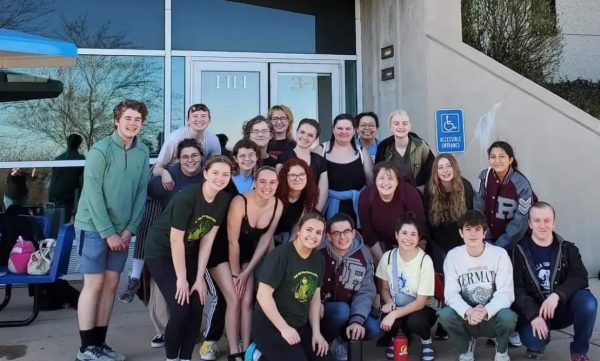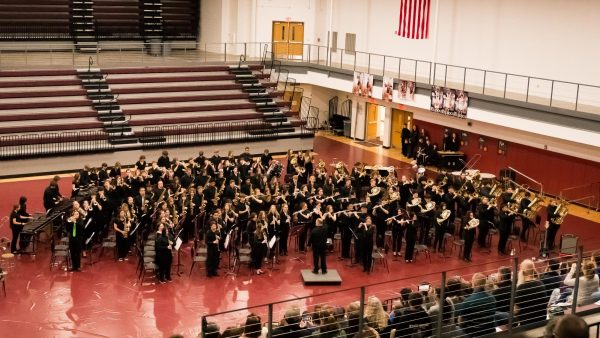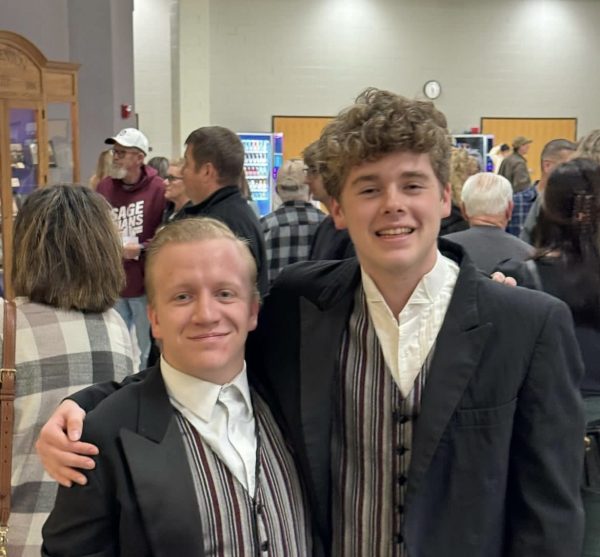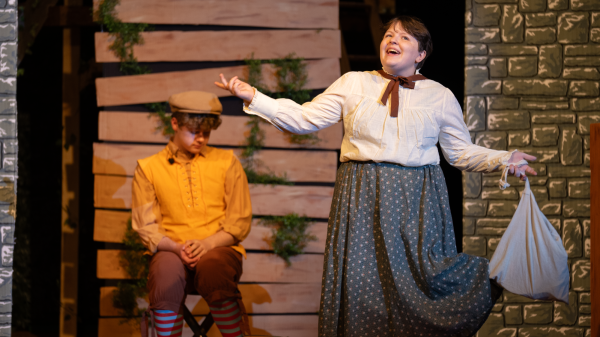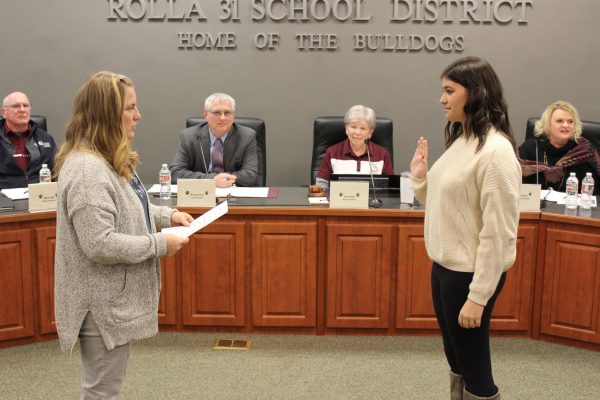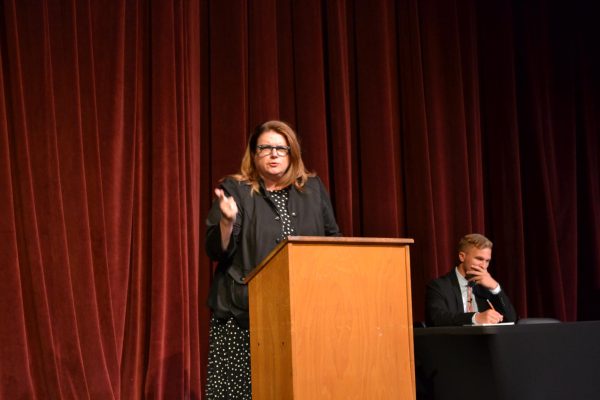Local 4-H group in planning stages of a community garden to showcase native plants
Rolla will soon be adorned by a native plant and agrarian garden courtesy of the local Elk Prairie 4-H chapter. The garden, a dream of 4-H members, is intended to share 4-H values with the community and encourage outdoor learning. Although plans are still underway, members hope to start planting this spring and have their project fully accessible to the public by summer.
Though typically thought of as an agriculturally focused organization as a result of its history, 4-H today focuses on a broad range of disciplines which encourage personal growth and career success. The 4-H name represents four areas of focus: head, heart, hands, and health. Junior Faith Ford is the President of Rolla’s 4-H chapter.
“4-H is a community club where we encourage our kids to become leaders and give back to their community. Our motto is ‘to make the best better,’” Ford said.
Giving back to the community is a key motivation for 4-H members in the making of their garden.
“This project was started by the members as a way to bring awareness to 4-H and to help beautify our trails for the community,” Ford said.
The garden will be planted with advise and guidance of groups like the Master Gardeners and Master Naturalists, groups dedicated to enhancing natural beauty and well being through landscaping. The Master Gardeners have plans for a large native species garden, and the 4-H group hopes to enhance that mission with a smaller extension located on the Acorn Trail off of Lions Club Drive. The group plans an interactive garden, equipped with signs and guides that will inform visitors of the garden’s plants and ecology.
“The club will plant native flowers that are hand picked by each member specifically, and there will be a trail of landscaping stones as a walkway through our project. There will also be signs of information about 4-H, and flowers and butterflies and such,” Ford said.
Rolla’s 4-H group is excited to share their contributions with the community, as well as to learn and grow as an organization through their gardening endeavors.
“We trying to improve not only our surroundings, but our knowledge overall,” Ford said.
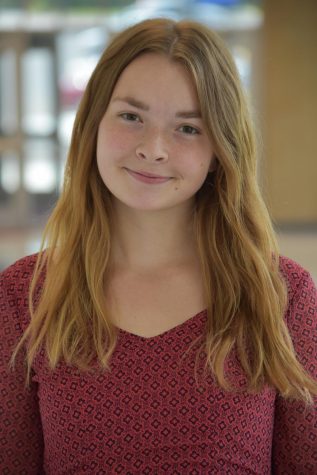
Hello! I’m Lauren and I’m super excited for my first year in Echo. I’m a junior this year, and I’m involved in band, debate, eco club (you all...



